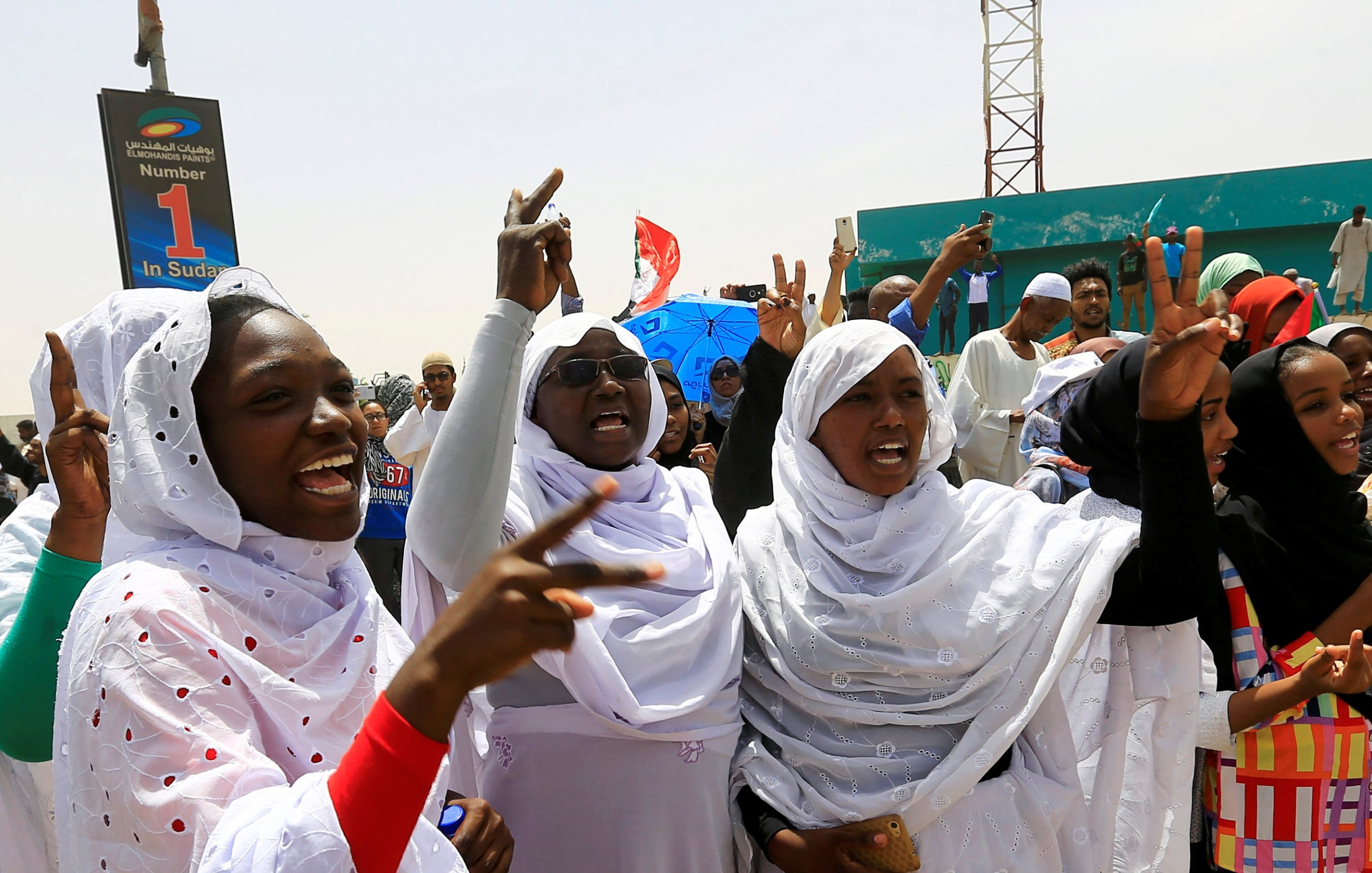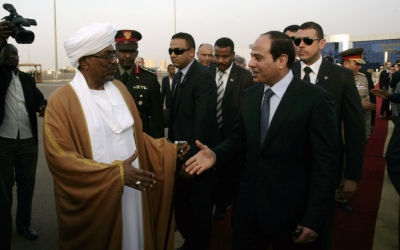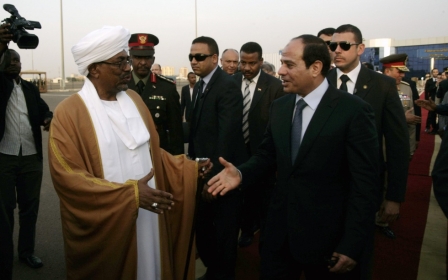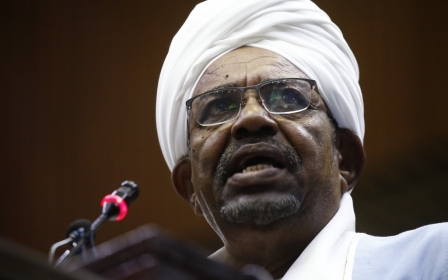US supports 'legitimate demand' for Sudanese civilian-led government

The United States said it backs the “legitimate demand” of the Sudanese people for a civilian-led government as the country's military rulers resist calls to transfer power.
"We support the legitimate demand of the people of Sudan for a civilian-led government and we are here to urge and to encourage parties to work together to advance that agenda as soon as possible," Makila James, the State Department's deputy assistant secretary in charge of eastern Africa, told AFP during a visit to Khartoum.
"The people of Sudan have made their demand very clear," she said.
"We want to support them in that as the best path forward to a society that is respectful of human rights, that respects the rule of law and that would be able to address this country's very serious issues."
During her ongoing trip, James met with the country's military council chief Lieutenant General Abdel Fattah al-Burhan and several other officials.
New MEE newsletter: Jerusalem Dispatch
Sign up to get the latest insights and analysis on Israel-Palestine, alongside Turkey Unpacked and other MEE newsletters
Sudan's Transitional Military Council (TMC) took power after the army ousted longtime leader Omar al-Bashir on 11 April on the back of a popular uprising against his iron-fisted 3-decade rule.
But since then, thousands of protesters have camped outside the army complex demanding that the military rulers hand over power to a civilian administration.
Earlier on Tuesday, African leaders meeting in Cairo agreed to give Sudan's ruling military council three months to implement democratic reforms, Egypt said.
The decision extends a 15-day deadline set by the African Union (AU) last week for Sudan's military council to hand over power to civilians or be suspended from the organisation.
Also on Tuesday, protesters from the birthplace of the uprising that toppled Bashir converged on Khartoum, activists said, to pressure the TMC into relinquishing power.
Residents from Atbara, the city where the protests started on 19 December, travelled to the capital by train in a highly symbolic show of support for demonstrators camped at a sit-in outside the defence ministry compound.
The sit-in began on 6 April, five days before the military announced Bashir's ousting.
It has continued as protesters push for a swift handover to civilian rule, and the number of demonstrators has swelled in recent days.
Protests in Sudan were sparked by an attempt to raise bread prices amid a deepening economic crisis, quickly turning against Bashir's rule and spreading to major cities.
Middle East Eye delivers independent and unrivalled coverage and analysis of the Middle East, North Africa and beyond. To learn more about republishing this content and the associated fees, please fill out this form. More about MEE can be found here.





